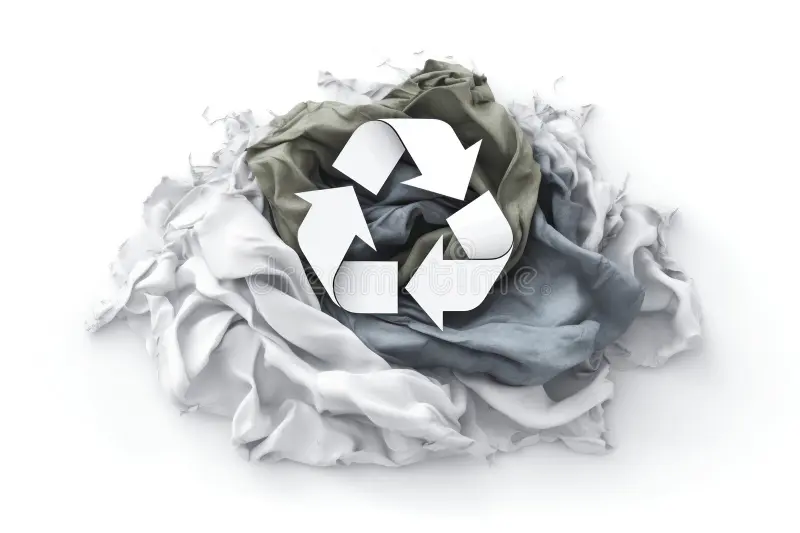The traders and manufacturers of India’s largest textile recycling hub at Panipat have raised concerns over the suspension of shipments from Bangladesh, the top source of rags for recycling in India. Panipat is the place which receives discarded clothing from multiple countries for recycling and resale, and will technically go out of business if this ban is not reverted.
Rags and recycled items were not part of the restricted carbon list that the government announced in the month of May. However, traders of Panipat are complaining that the shipments from Bangladesh have been halted for unclear reasons.
Traders are now planning to raise the issue with the government since they remain unsure about the reasons for the halt in exports. However, these developments are coming amid heightened trade tension between India and Bangladesh after Dhaka’s chief advisor, Mohammed Yunus, called for the extension of the Chinese economy around this strategically important Northeast India region.
Panipat’s Recycling Capacity
Panipat recycles 200 tons of rags every day, with 150 to 200 mills operating in this sector. The key source of rags includes discarded clothing from Western countries. Bangladesh alone also generates over 0.5 million metric tonnes of textile waste from its factories each year and becomes a market that cannot be neglected.
The suspension of exports of rags and textile waste by the Bangladesh government is an attempt at seeking Generalised Scheme of Preference Plus (GSP Plus) status in the European Union, which will ultimately result in the removal of tariffs on over 66% of EU tariff lines. To qualify for the GSP Plus scheme, Bangladesh needs to enhance its domestic recycling capabilities and meet specific conditions related to labour rights and governance.
Increased local recycling could save Bangladesh around USD 700 million annually in import costs. That is why several countries, like India, are ramping up their textile recycling capabilities, which currently stand at 4.7 million tonnes or about 60% of its textile waste.
Tension Between Dhaka and New Delhi
Political and economic tensions between India and Bangladesh—the country being the largest trade partner in South Asia—have been escalating, especially as the Union Government may impose a series of import restrictions on goods from Bangladesh. New Delhi’s decision in April to terminate the five-year-old transshipment facility for Bangladesh’s export cargo also added to the tension. The decision to terminate the shipment facility will rob Bangladesh of a mechanism that enabled Dhaka to ship goods to several Western countries using Indian land routes and airports.
In return, Bangladesh has also imposed export restrictions on Indian yarn via land borders, allowing such exports only through seaports. This move was an audacious response to demands from Bangladesh’s textile mills, despite the fact that land routes offer more effective yarn supply to the ready-made garment industry in Bangladesh.


